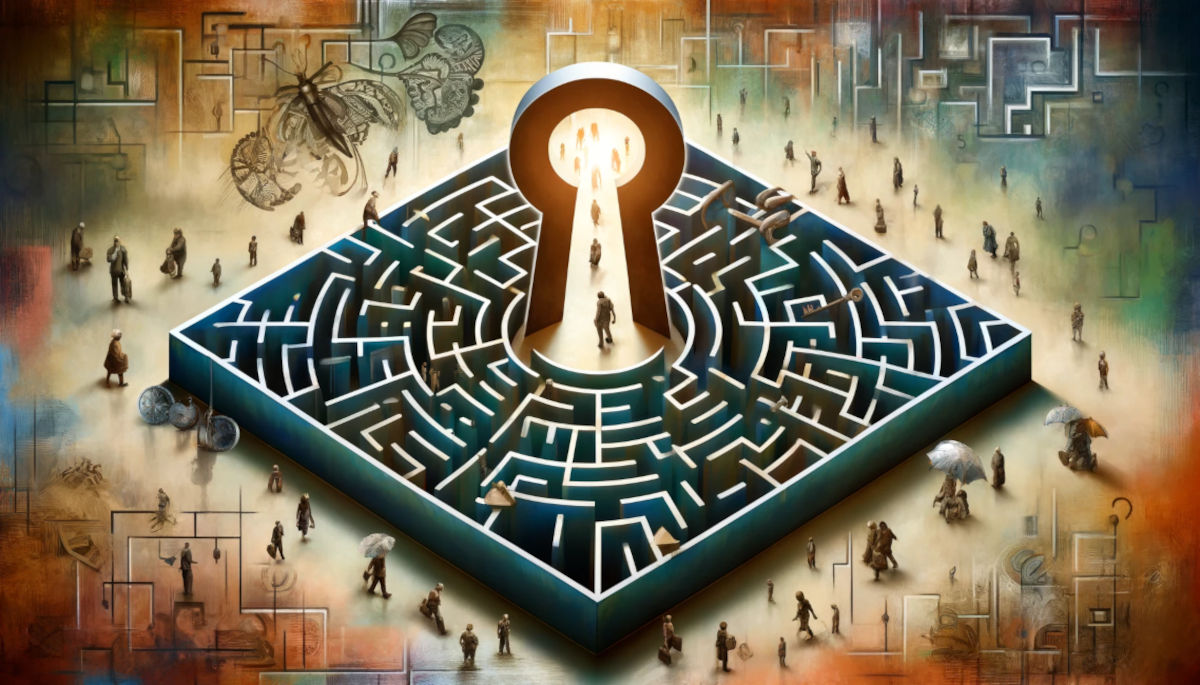In the world of mental health and addiction recovery, the concept of dual diagnosis is pivotal yet frequently misunderstood. It involves the simultaneous occurrence of a mental health disorder and a substance use disorder, which presents unique challenges in diagnosis, treatment, and overall recovery. At Viewpoint Dual Recovery Center, a leading residential dual diagnosis treatment center in Arizona, we are dedicated to clarifying the challenges, highlighting the subtleties of co-occurring disorders, and facilitating more effective intervention strategies.
Understanding Integrated Dual Diagnosis Treatment
Dual diagnosis refers to the condition in which an individual concurrently deals with mental health issues—such as depression, anxiety, schizophrenia, or bipolar disorder—and addiction to substances like alcohol, illicit drugs, or prescription medications. The entanglement of these disorders means that each can worsen the other’s symptoms, creating a vicious cycle that is difficult to break without specialized integrated dual diagnosis treatment.
The Challenges of Dual Diagnosis Treatment and Diagnosis
Addressing dual diagnosis demands a sophisticated approach that tackles both the mental health disorder and the substance use disorder at the same time. Traditional methods at recovery centers that target only one aspect are typically less effective, as they fail to resolve the full scope of underlying issues. A comprehensive treatment plan at a residential dual diagnosis treatment center often includes a blend of medication management, psychotherapy, support groups, and lifestyle adjustments. Diagnosing dual diagnosis is particularly challenging, as symptoms of substance abuse can mimic, conceal, or intensify mental health disorder symptoms, complicating the ability of practitioners to identify co-occurring conditions. This complexity underscores the necessity of care from facilities and professionals specialized in holistic mental health treatment and integrated dual diagnosis treatment.
The most successful method for treating dual diagnosis is through integrated treatment programs that provide a unified strategy for addressing both disorders. Such programs at our center offer a variety of therapies customized to meet individual needs, including cognitive-behavioral therapy (CBT), dialectical behavior therapy (DBT), and motivational interviewing.
The Role of Support Systems
Recovering from a co-occurring diagnosis is s journey greatly aided by a strong support system. Family, friends, and peer support groups are invaluable for providing the emotional support needed to overcome the challenges of recovery. Furthermore, professional support from therapists, counselors, and healthcare providers is crucial in symptom management and relapse prevention.
Lifestyle Modifications
In addition to professional treatment, lifestyle changes are significantly beneficial to recovery. Engaging in regular physical activities, maintaining a healthy diet, getting sufficient sleep, and applying stress management techniques such as mindfulness and meditation can enhance overall well-being and resilience.
Conclusion
Though co-occurring conditions present complex challenges, successful recovery is achievable with the right approach. By demystifying the complexities of co-occurring addiction and mental health disorders and implementing holistic mental health treatment, individuals can embark on a path to recovery armed with knowledge and comprehensive support, if you or someone you know is struggling with dual diagnosis, remember that help is available, and that holistic, integrated treatment offers the best route to recovery. Through addressing the intricacies of dual diagnosis, we not only improve the lives of those directly affected but also contribute to a more informed and empathetic society that acknowledges the depth of addiction and mental health challenges.
For additional information and resources, please visit:
- National Institute on Drug Abuse (NIDA): Linking to NIDA (https://www.drugabuse.gov/) can provide readers with scientifically-backed information on substance abuse and co-occurring mental health disorders.
- Substance Abuse and Mental Health Services Administration (SAMHSA): SAMHSA’s website (https://www.samhsa.gov/) offers resources on dual diagnosis treatment and funding opportunities, which could be very useful for both individuals and professionals.
- National Alliance on Mental Illness (NAMI): NAMI (https://www.nami.org/) is a well-respected organization that offers extensive resources on various mental health conditions, including those that commonly co-occur with substance use disorders.
- American Psychiatric Association (APA): The APA site (https://www.psychiatry.org/) provides guidelines and articles on the latest psychiatric research, which can be helpful for understanding dual diagnosis.
- Journal of Dual Diagnosis: Linking to relevant research articles from this specialized journal (https://www.tandfonline.com/toc/wjdd20/current) can provide in-depth academic insights into specific aspects of dual diagnosis and treatment approaches.
- Mayo Clinic: The Mayo Clinic (https://www.mayoclinic.org/) offers comprehensive articles on symptoms, treatments, and considerations for a wide range of mental health and substance use disorders, useful for detailed explanations.







